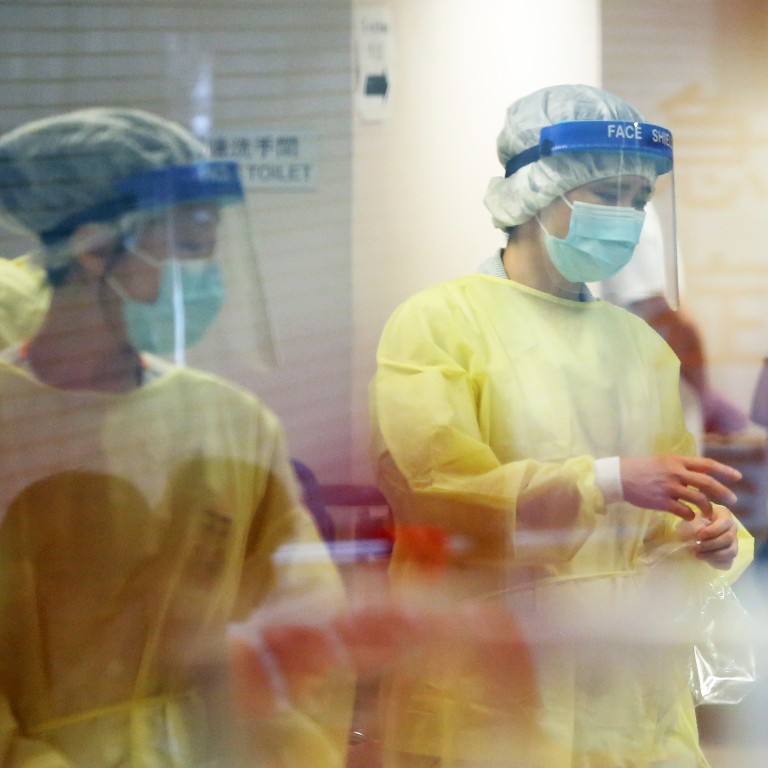
In wake of Mers, Hong Kong must punish travellers who lie about health
Many people must have thought that if they never heard another call for vigilance against deadly infections like Sars or bird flu it would be too soon.
Many people must have thought that if they never heard another call for vigilance against deadly infections like Sars or bird flu it would be too soon. But if evidence were needed that we cannot be too vigilant for too long, it is to be found in the spreading tragedy involving Middle East respiratory syndrome, or Mers, from which Hong Kong, so far, has mercifully been spared.
The Mers virus is from the same family as the one that caused the severe acute respiratory syndrome 12 years ago, killing 299 people in Hong Kong. The story begins in South Korea, where the authorities put a man under surveillance after his father and elder sister caught Mers. But he ignored a warning against travel and flew to Hong Kong, en route to Guangdong, on Tuesday last week. He was stopped at Chek Lap Kok airport because he registered a high temperature. After telling a nurse he felt fine and denying contact with Mers patients or visiting Mers-infected areas, he was allowed to go without further investigation. He took a bus to Huizhou , Guangdong, where he is now in isolation, and at last report stable after being diagnosed with Mers. Hong Kong health authorities have placed fellow travellers under quarantine or medical surveillance. Two Korean women who had contact with the man had to be tracked down after refusing to go into quarantine.
The blunder in South Korea - compounded by what now seems like complacency in Hong Kong - resonates heavily with places that were hit hard by Sars. The seriousness of the failure of a system that is supposed to protect Hong Kong from deadly diseases should not be underestimated. The system already includes a law against failing to declare a medical condition on arrival. The question now is whether it is time to impose deterrent penalties, especially for explicit lying.
To be sure, Hong Kong authorities were not to know about deplorable lapses of vigilance and responsibility in South Korea that left them exposed to deception. That country's health chief has rightly apologised as deaths from Mers are now being added to a growing toll of infection. Nonetheless, our government should reflect on the gravity of the incident. It should seriously consider the suggestion of microbiologist Dr Ho Pak-leung that a person who makes a false declaration about their health status should be punished. Travellers, whether visitors or residents returning, should be warned of the consequences of false declarations ahead of arrival.

